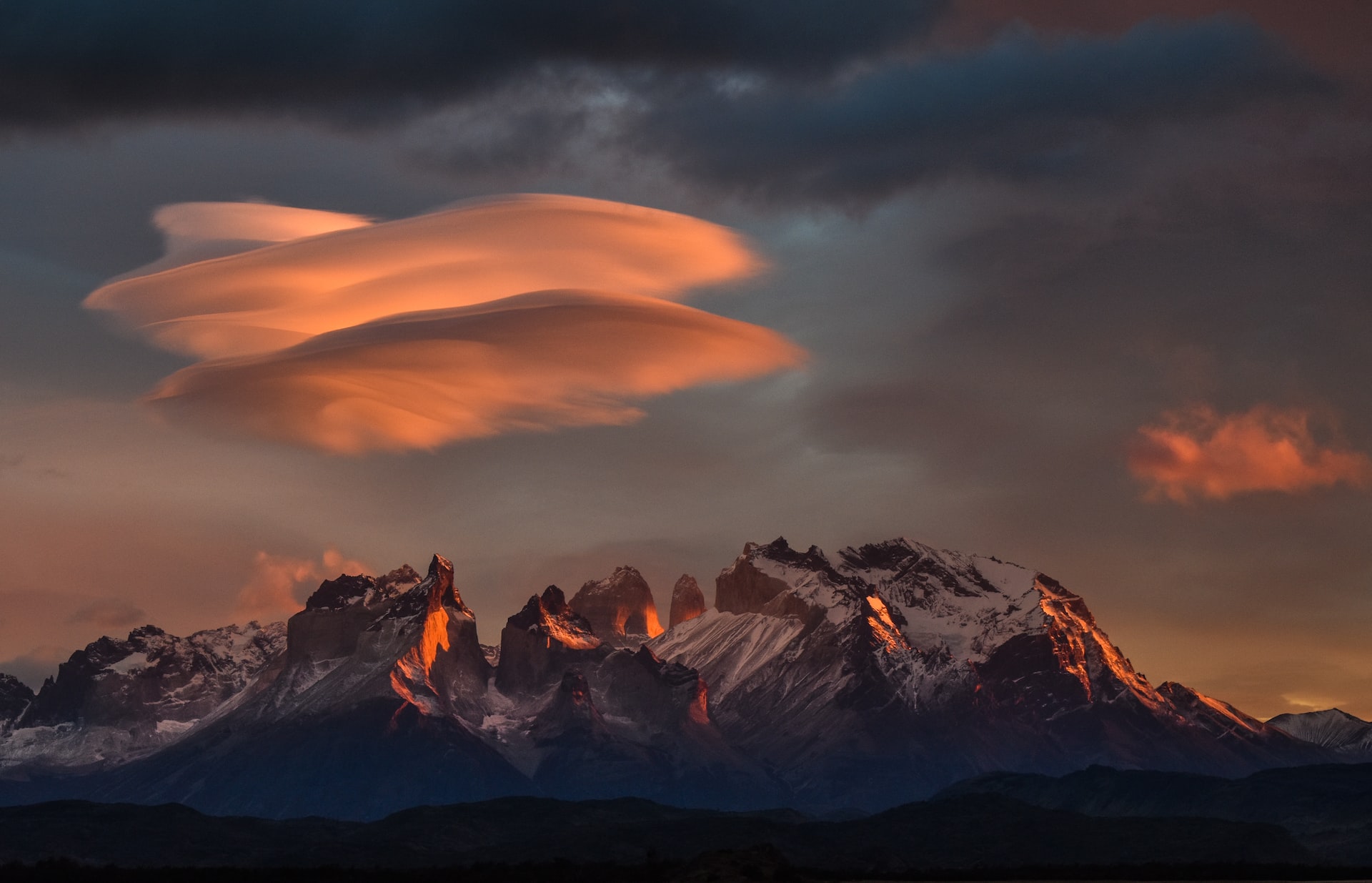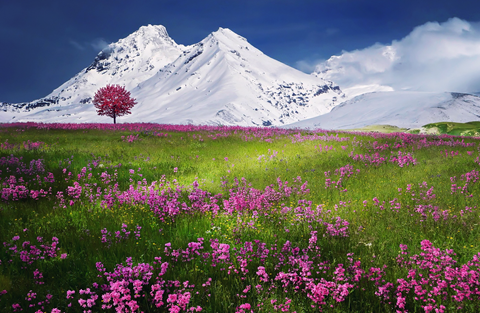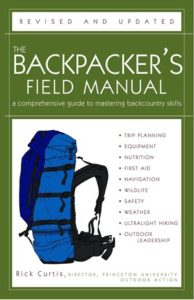Two stories recently struck me. One was a bit on NPR about a school administrator who decided to ban “tag” from the playground because it was causing too much conflict amongst classmates. Students will now be allowed to “run around” but may not engage in tag. The other was the report about the Virginia Tech shooting that reprimanded the school for not doing more both to protect students during the rampage and to prevent the unfortunate event from happening in the first place. Both of these stories, to me, reveal a snapshot of where we are currently in our national psyche about elements of risk, personal responsibility, and education.
We seem to have become a nation incapable of accepting unknowns, discomforts, and conflict amongst our citizens. In addition, we take it as our right to know every variable and have access to every bit of information. When we confront situations that deny us these things, it represents not a “teachable moment” but rather an opportunity to lay blame. Deb Meier, a well-known progressive educator, once said about public schooling:
“If we abandon a system of common schools- through apathy or privatization- we deprive everyone, not just the least advantaged, of the kind of clash of ideas that will make us all more powerful. We’re a nation that loves a good fight; fighting with ideas rather than fists of guns or nasty sound bites would be a welcome relief. More importantly… our public schools could provide am exciting opportunity to use our often forgotten power to create imaginary worlds, share theories, and act out possibilities. This time not just on the playground but in all the varied public arenas which we meet our fellow citizens.”
What does this have to do with Outdoor Education? The mantra of the field used to be “Let the Mountains Speak for Themselves.” The idea was that in the open space (literally and figuratively) of the outdoors, learning would emerge through the elements of challenge, risk, interpersonal interaction, and self-reflection. The job of the educator was to create the “holding environment” for that learning to take place. But things have slowly but surely changed. As our field has become more standardized, more bureaucratic, more commercialized, and more “safe” we have also removed the ability of the students in our care to experience and co-create the curriculum. In essence, they no longer “experience” but rather are given “experiences” (4 hour ropes courses, field trips, tightly scripted environmental education curriculum, etc.). It seems the mountains can no longer speak for themselves. How can they amidst the waiver forms, field logs, permits, lesson plans, and the fifteen minutes of recess kids get (if they are lucky)? It is not just our public schools that have, as Meier says, forgotten the power of “imaginary worlds and acted out possibilities.” I worry that outdoor education has as well.
Our children need unstructured play, time in the out of doors, open space to experience challenge and risk and heartache and conflict for the precise reason that our democracy depends upon it. Democracy is often loud, and rude, and messy, and as Meier says elsewhere, it “sometimes leaves scars and neighborly hostility.” Outdoor education, done well, does the same. But when we attempt to protect children (and ourselves) from harm, from “strangers”, from the unknown and unknowable, we teach a subtle but sinister lesson: that life is neat, clean, and pleasant similar to the soma drug in a Brave New World. But democracy is not like that. Life is not like that.
Democracy is about voice- who has it, who should have it, and how we can create more opportunities for it. I fear we have taken the “voice” out of education. And, more specifically, this trend is creeping into the field of outdoor education. So, in a very real sense, taking the voice out of the mountains, not letting them speak for themselves, strikes yet another blow to what Cornell West calls our “fragile and incomplete project” of democracy.
If we listened in the case of the two stories I mentioned above, I think the mountains might just say: “Let the kids play tag… and stop blaming Virginia Tech.”


